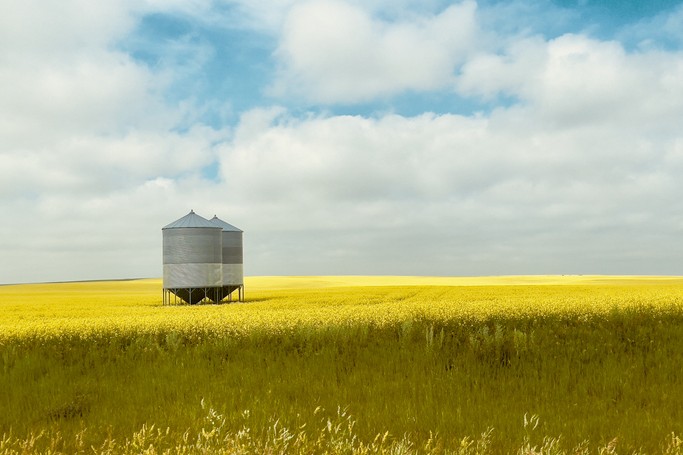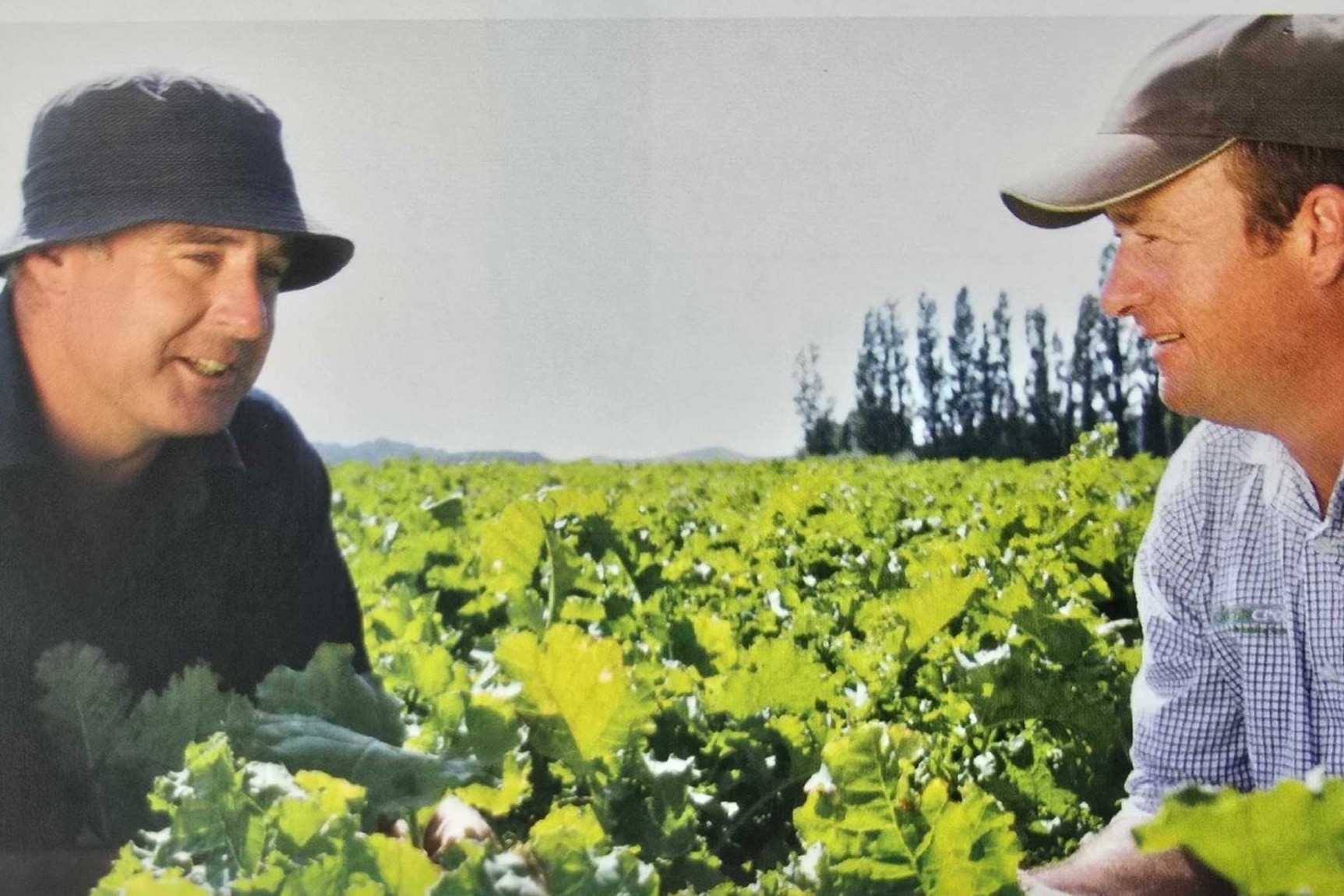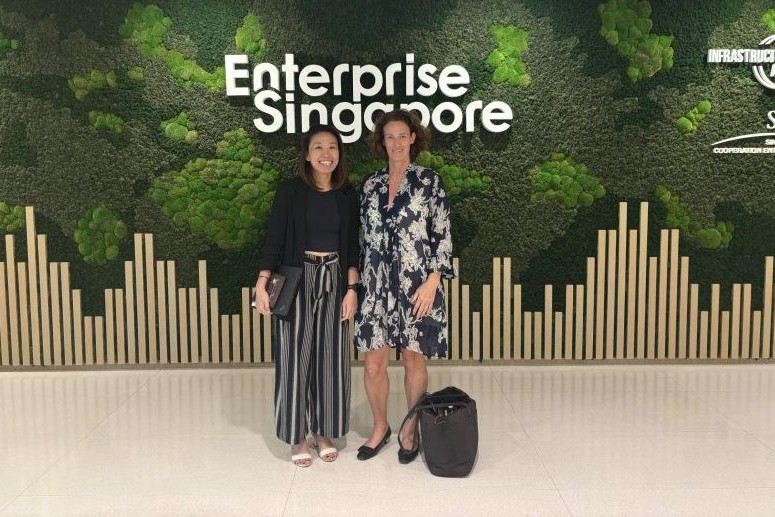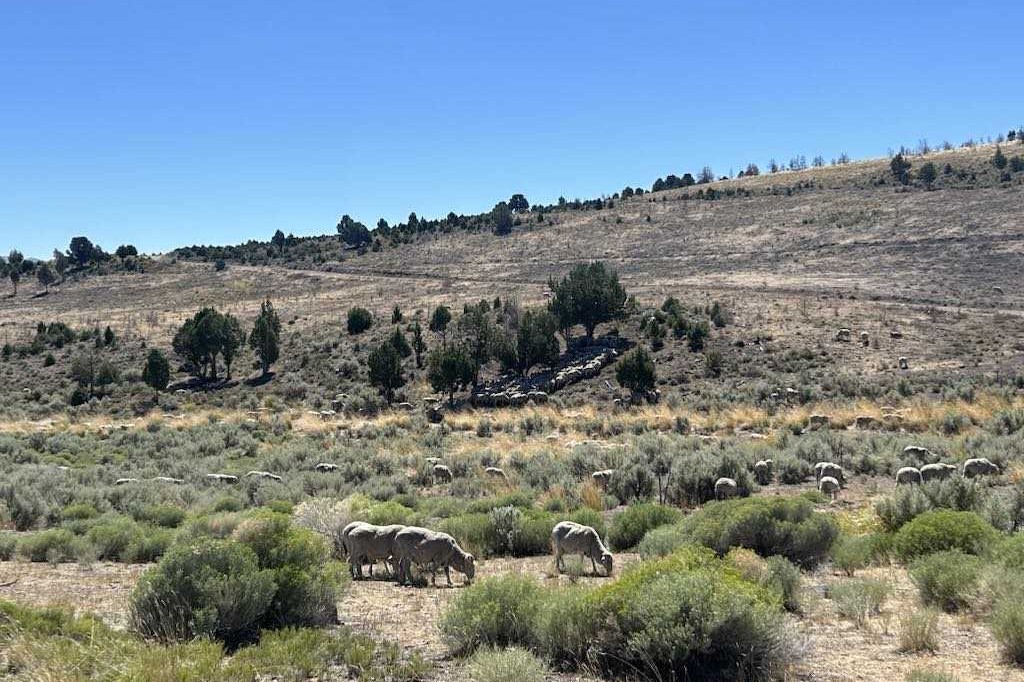The rural woman’s balancing act
Kate McBride is a fifth-generation farmer from Western NSW. She is a vocal advocate for rural Australia and continues this while working on her partner’s sheep station.
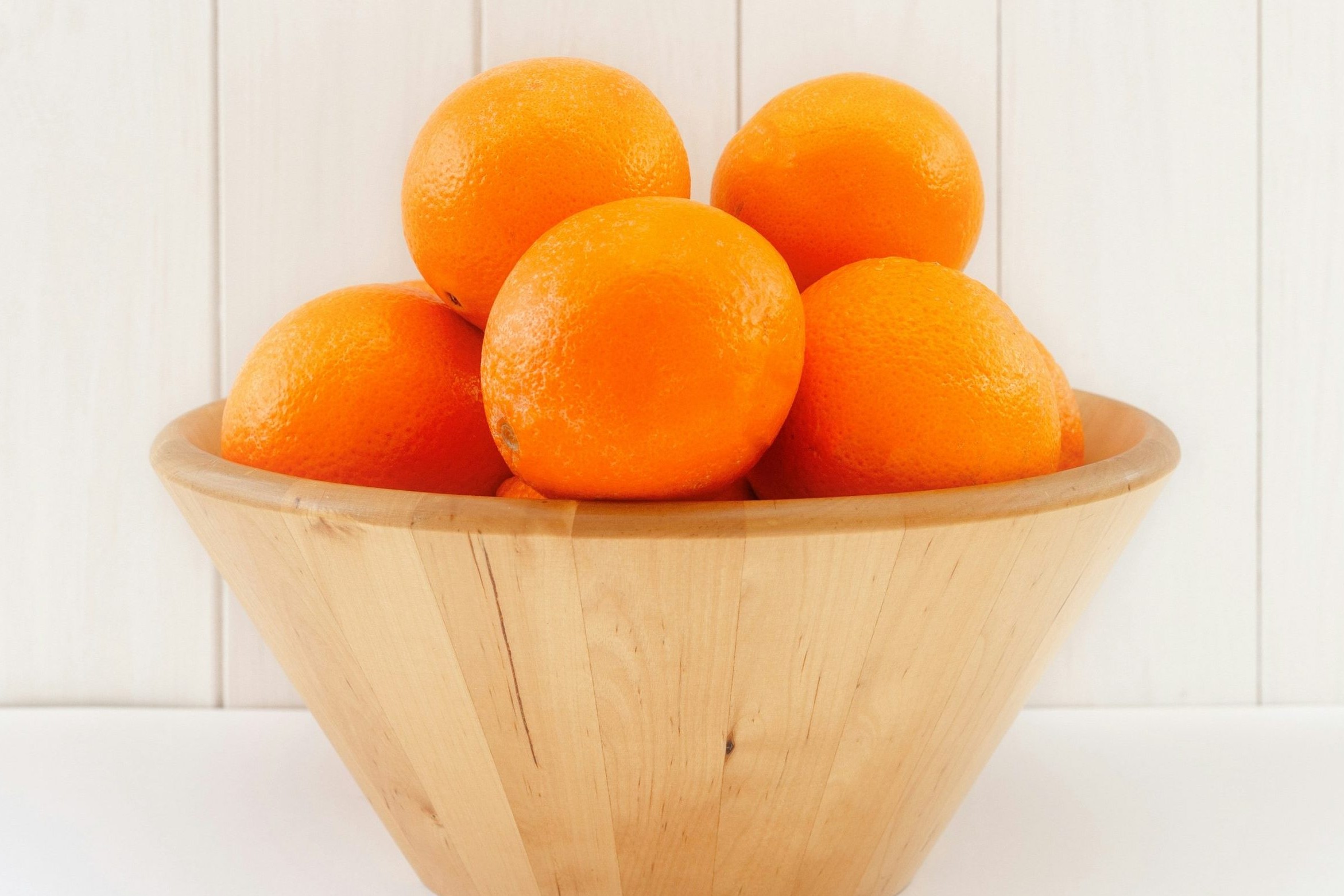
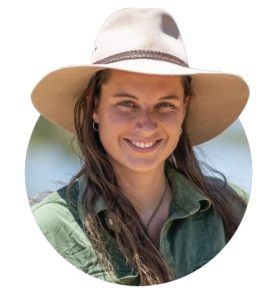 Work/life balance is today’s buzzword, but the difficulty when it comes to farming is the terms are almost interchangeable. I recently moved from the city back to a remote sheep station and it’s something I’ve come up against. Finding a balance between work, leisure, keeping the house together and staying connected with friends and family has been challenging.
Work/life balance is today’s buzzword, but the difficulty when it comes to farming is the terms are almost interchangeable. I recently moved from the city back to a remote sheep station and it’s something I’ve come up against. Finding a balance between work, leisure, keeping the house together and staying connected with friends and family has been challenging.
When I moved to my partner’s station at the end of 2023, I was optimistic that I’d be able to work on the property, continue my own career, keep in contact with mates, travel, maintain a weed-free veggie patch, have poddy animals and just enjoy living with my partner. The reality is there are not enough days in the year or energy in my tank.
I read a book a few years back called The Space Between that had an analogy that stuck with me about oranges. You’re given 12 oranges, and four baskets labelled ‘work’, ‘family’, ‘friends’ and ‘me’. It asks you to spread the oranges between the baskets depending on how much energy you give to them. For mine, ‘work’ and ‘family’ have had almost all oranges last year, with ‘friends’ and ‘me’ missing out. I think all rural women could do with checking in on their orange baskets more often.
“The rise of online support groups for women and mothers has opened up a new way of connection and spreads understanding and acceptance that we don’t all have to have it totally together, all the time.”
I’ve always had a lot of admiration for rural women, how they seemingly do it all and still make it into town, kids in tow, looking totally put together. I feel like a generation ago it was almost taboo for rural women to talk about their struggles, but I’m seeing a much-needed change occurring. From new mums being so open about their struggles, to women discussing difficulties they face in relation to health/life/work.
Seeing other women being so open and vulnerable about their hardships is heartbreaking, but the benefits to voicing these struggles are twofold. By sharing their difficulties, they are opening their door to accept support and help, and other women also see and feel like they are not the only ones doing it tough.
The rise of online support groups for women and mothers has opened up a new way of connection and spreads understanding and acceptance that we don’t all have to have it totally together, all the time. I’ve been guilty in the past of showing an idealistic lifestyle online, so I now intentionally show a bit of the ‘less sunshine and rainbows’. Rural life can be tough, and we all know about the worsening health of rural communities. I’m thankful of the effort being put into the mental health space in rural areas, but as a previous researcher I also know our life expectancy, health outcomes and mental health are all poorer than our city counterparts.
As we begin 2025, I hope we can all make an extra effort to check in on our mates, be honest when we’re asked ‘how are you going’ and also remember to take some self-care and reflect where we are putting our oranges.

